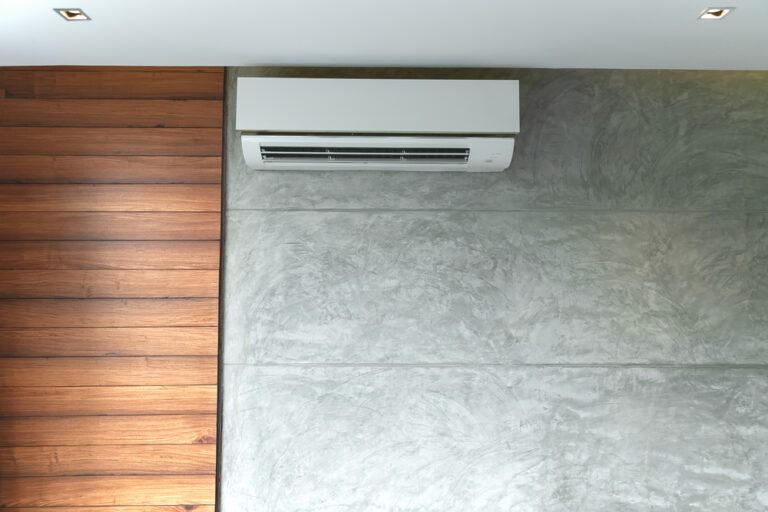The air conditioning trap—how cold air is heating the world—is an alarming reality that is taking shape around us. Air conditioning, which was once a necessary luxury to beat the heat of summer, has become a way of life for many of us.
It is estimated that air conditioning is responsible for nearly one-sixth of the world’s energy consumption. This means that the more air conditioning we use, the more energy is being wasted and the more carbon dioxide is being released into the atmosphere.
The problem is that air conditioning has become so common that it is taken for granted. We use air conditioning to cool down our homes and offices, even when the temperatures outside are not particularly hot. We have become accustomed to living in artificially cooled environments, and this has had a huge impact on the environment.
What Does Air Conditioning Do?
Air conditioning units use energy to cool down the air inside a building. This energy is usually generated from burning fossil fuels, which releases carbon dioxide into the atmosphere. This then contributes to global warming, as the carbon dioxide traps heat in the Earth’s atmosphere.
Air conditioning also uses a lot of energy, which then has to be produced in some form. This energy is usually generated from burning fossil fuels, which again releases more carbon dioxide into the atmosphere.
What Can We Do?
So how can we reduce the air conditioning trap? One of the simplest and most effective ways is to use air conditioning more efficiently. Instead of turning up the thermostat to its maximum, use it just enough to make the room comfortable. Lower the temperature when you leave the room and use a fan to circulate the air. This will help to save energy and reduce your carbon footprint.
We can also use air conditioning more responsibly by utilising natural ventilation. Opening windows and doors to let in fresh air and circulating it with a fan can help to cool a room down and reduce the need for air conditioning. This also helps to reduce energy consumption as the air conditioning unit does not have to work as hard.
Finally, it is important to pay attention to the efficiency of your air conditioning unit. Units that are well maintained and serviced will not only be more efficient but will also last longer. By replacing an old and inefficient unit with a newer, more efficient model, you can reduce your energy consumption and help to reduce your carbon footprint.
Conclusion
The air conditioning trap is an alarming reality that is having a huge impact on the environment. However, by using air conditioning more efficiently and responsibly, we can help to reduce energy consumption and reduce our carbon footprint. By making small changes to our air conditioning habits, we can help to reduce the air conditioning trap and help to protect the environment.



